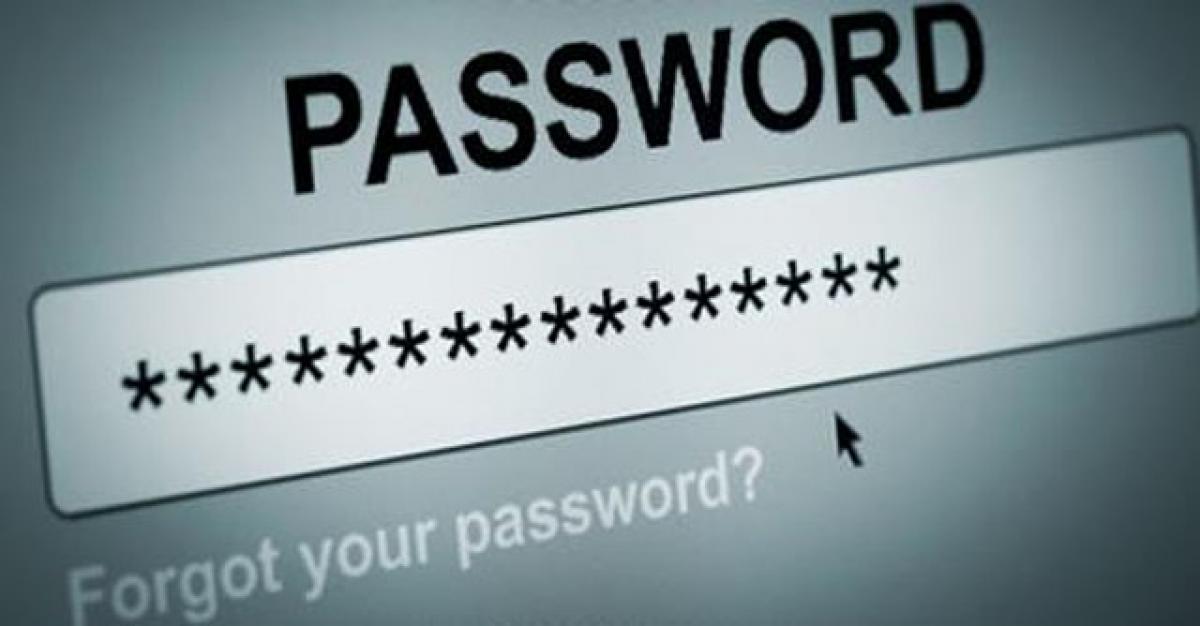Live
- Analysing Happiness
- Two-day ToT organised for trainers
- Savarkar preferred Manusmriti to Constitution: Rahul
- Daily Horoscope for 15 December 2024: Embrace Today’s Insights of Your Zodiac Sign and Unlock Your Potential.
- Beyond The Flames
- CM warns officials of stringent action
- NDA alliance candidates win all seats
- ‘Resignation of Avanthi Srinivas leaves no impact on YSRCP’
- Congress killers of Samvidhan: Modi
- Bejan Daruwalla’s horoscope
Just In

x
Highlights
In the future, you may never have to remember passwords, as a new study has suggested that the way your brain responds to certain words could be used to replace passwords. In \"Brainprint,\" researchers from Binghamton University observed the brain signals of 45 volunteers as they read a list of 75 acronyms, such as FBI and DVD.
In the future, you may never have to remember passwords, as a new study has suggested that the way your brain responds to certain words could be used to replace passwords. In "Brainprint," researchers from Binghamton University observed the brain signals of 45 volunteers as they read a list of 75 acronyms, such as FBI and DVD.

They recorded the brain's reaction to each group of letters, focusing on the part of the brain associated with reading and recognizing words, and found that participants' brains reacted differently to each acronym, enough that a computer system was able to identify each volunteer with 94 percent accuracy.
The results suggest that brainwaves could be used by security systems to verify a person's identity. According to co-author Sarah Laszlo, brain biometrics are appealing because they are cancelable and cannot be stolen by malicious means the way a finger or retina can.
Laszlo added that if someone's fingerprint is stolen, that person can't just grow a new finger to replace the compromised fingerprint, adding that fingerprints are "non-cancellable." Brainprints, on the other hand, are potentially cancelable. So, in the unlikely event that attackers were actually able to steal a brainprint from an authorized user, the authorized user could then 'reset' their brainprint, Laszlo said. Zhanpeng Jin doesn't see brainprint as the kind of system that would be mass-produced for low security applications (at least in the near future) but it could have important security applications.
The study is published in academic journal Neurocomputing.

Next Story
More Stories
ADVERTISEMENT
© 2024 Hyderabad Media House Limited/The Hans India. All rights reserved. Powered by hocalwire.com







